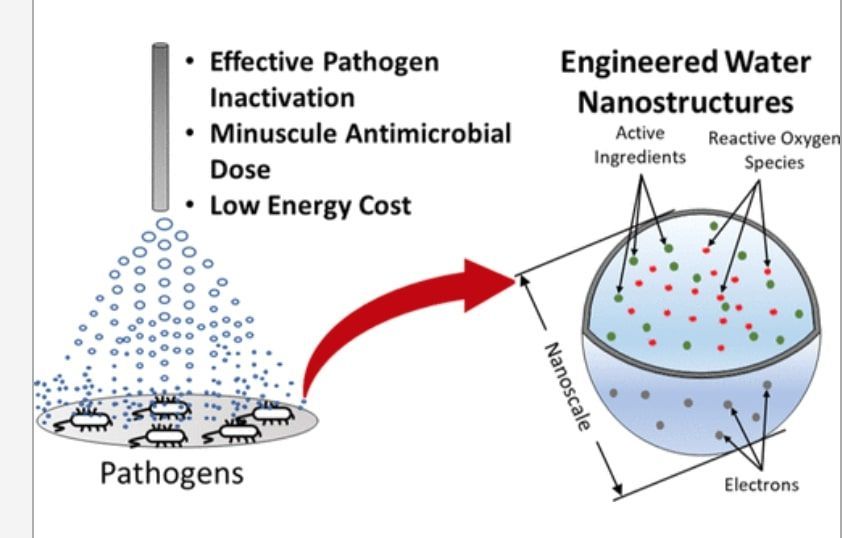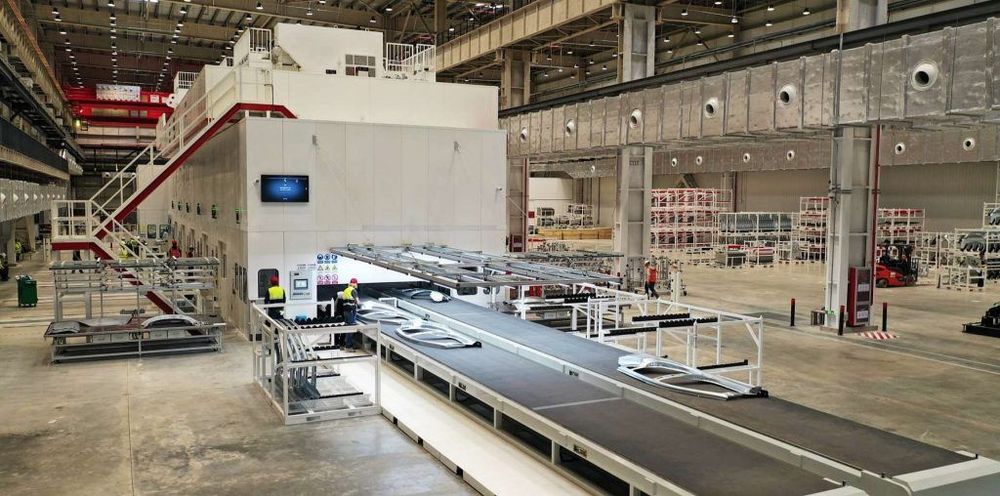It doesn’t seem like all that long ago that even the idea of an electric Ferrari was controversial. Indeed, it was 2016 when then-Ferrari Chairman Sergio Marchionne said that, “with Ferrari, (an electric car) is almost an obscene concept,” before he finished up with, “you’d have to shoot me first.” Well, Sergio– times sure do change, don’t they? At least, that’s what a series of plans for an electric Ferrari from a leaked patent filing would seem to say about the matter!
In fairness to Marchionne, he would pass on before Ferrari built a pure electric car, succumbing as he did to cancer at the age of 66. Tragic as that was, what isn’t tragic is Ferrari joining the rest of the automotive universe in the 21st century with plans to build a for-real battery-powered Ferrari by 2025.
The push for Ferrari to finally go electric was, no doubt, accelerated by the success of the electric Porsche Taycan and, obviously, the rapid growth of Tesla (and, likely, the staggering growth of TSLA stock). With the launch of its first PHEV last year and recently announced plans to go “60% hybrid by 2022”, then, the step towards all-electric seems ready to happen.








